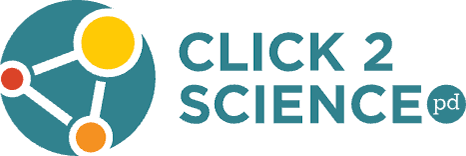Why is Prior Knowledge so Important?

Why is Prior Knowledge so Important?
When I taught high school ESL (English as a Second Language) courses, I was required to use a literacy battery that asked youth to read out loud to me, one-on-one. The goal of this “running record” was to determine whether they were making progress on their reading abilities in English. As they read to me, I would write down their mistakes, time their fluency, and ask them comprehension questions.
My students, who had recently arrived in the US, typically started at the beginning: levels A or B or C, reading short narratives or nonfiction kids’ books. However, one text remained an anomaly: almost any student could pick up the book on soccer and immediately answer the comprehension questions. This made them a Level H.
How? Why? Did soccer somehow have less vocabulary to memorize? Nope. Simpler sentence structure? No. Their success was much easier to explain: my kids simply knew about soccer. They had prior knowledge and experience. Since then, research has shown that youths’ comprehension can get a 50% boost when they know about or care about the topic at hand.
That’s why our skill for August is Connecting to Prior Knowledge and Experiences. Helping youth engage in their life experiences is a powerful motivator for learning, and it can be a springboard for their interests too!
